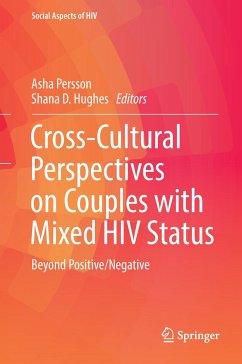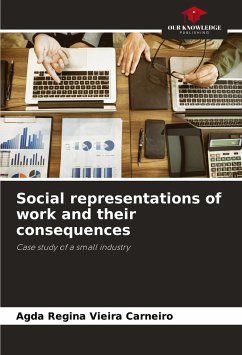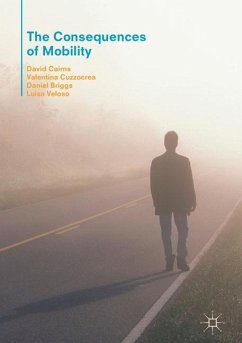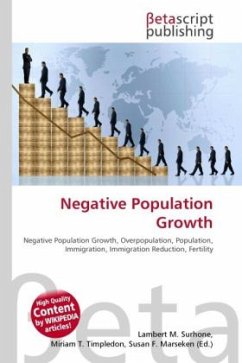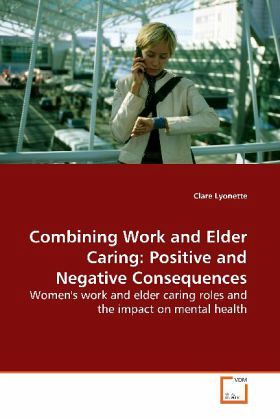
Combining Work and Elder Caring: Positive and Negative Consequences
Women's work and elder caring roles and the impact on mental health
Versandkostenfrei!
Versandfertig in 6-10 Tagen
52,99 €
inkl. MwSt.

PAYBACK Punkte
26 °P sammeln!
The increase in the number of older people within the population has generated a corresponding increase in the need for care. At the same time,however, there are fewer women of caring age in the UK, and of these, a large percentage are in employment. This has led to a situation in which more women are being expected to combine roles. Although the consequences of combining roles have been studied in women, there have been very few really comprehensive assessments of the most important factors involved in combining elder caring with work roles, and how these factors may affect mental health over...
The increase in the number of older people within
the population has generated a corresponding
increase in the need for care. At the same time,
however, there are fewer women of caring age in the
UK, and of these, a large percentage are in
employment. This has led to a situation in which
more women are being expected to combine roles.
Although the consequences of combining roles have
been studied in women, there have been very few
really comprehensive assessments of the most
important factors involved in combining elder caring
with work roles, and how these factors may affect
mental health over time. This study, combining both
quantitative and qualitative data, found that a
combination of higher-intensity work and caring
roles are detrimental to carers mental health. The
wider implications for carers, care-recipients and
employers are also discussed.
the population has generated a corresponding
increase in the need for care. At the same time,
however, there are fewer women of caring age in the
UK, and of these, a large percentage are in
employment. This has led to a situation in which
more women are being expected to combine roles.
Although the consequences of combining roles have
been studied in women, there have been very few
really comprehensive assessments of the most
important factors involved in combining elder caring
with work roles, and how these factors may affect
mental health over time. This study, combining both
quantitative and qualitative data, found that a
combination of higher-intensity work and caring
roles are detrimental to carers mental health. The
wider implications for carers, care-recipients and
employers are also discussed.




